Projects
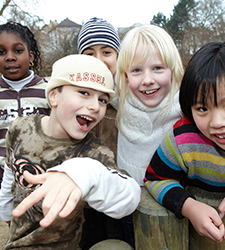
SelF
The project SelF deals with the implementation of specific self-regulatory strategies in different areas of application.
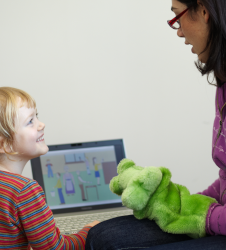
SelKi
Self-regulation is an important prerequisite and a good predictor of later school performance, social-emotional development and mental health. However, there is no psychometrically validated test battery for measuring self-regulation in German-speaking countries. The aim of the project is therefore to develop, psychometrically test and standardise such a test battery.
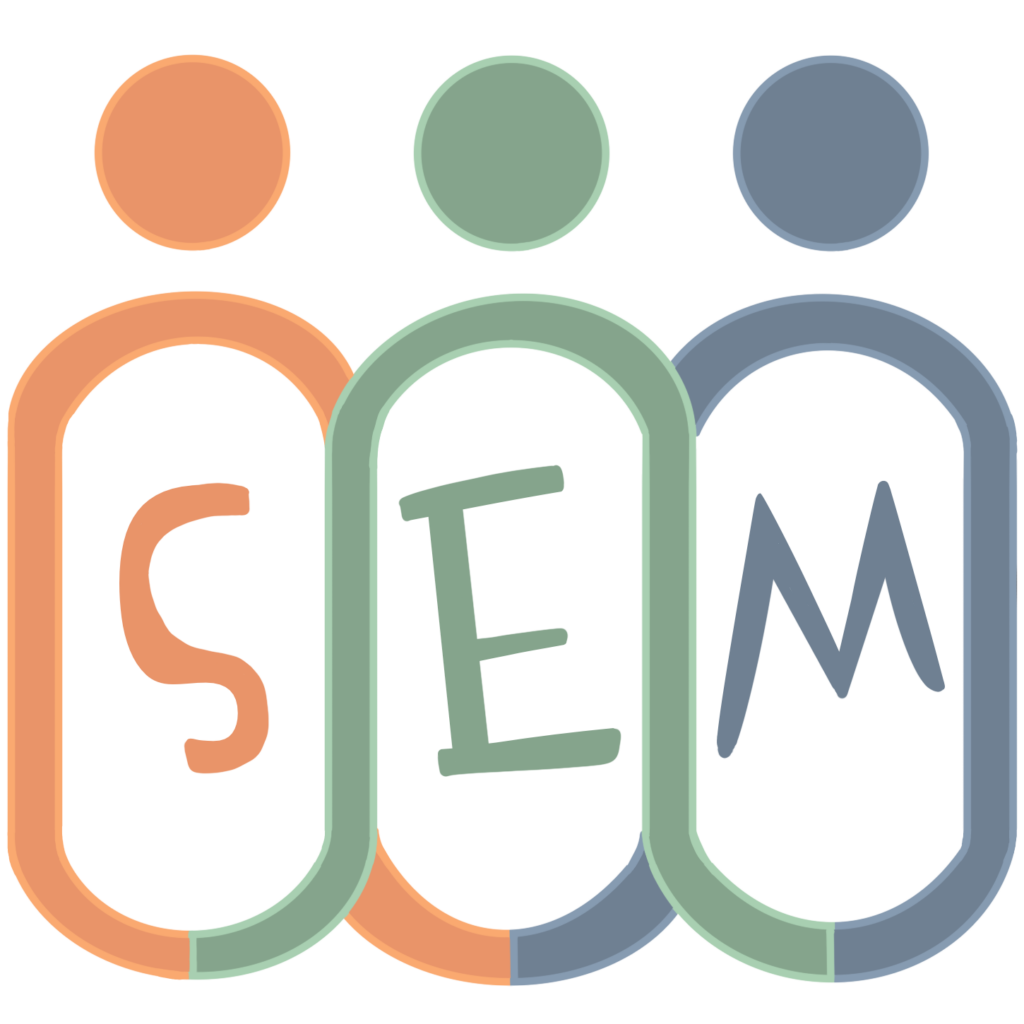
SEM
The SEM project, funded within the framework of the BMBF funding guideline ‘Language Education in the Immigration Society’, aims to develop, test and research a concept for language support in pre-primary classes. The project includes subject-integrated language support in the development of mathematical precursor skills in conjunction with the promotion of emotional understanding and emotion regulation, as well as a language support related professionalisation programme for teachers working in pre-school classes.
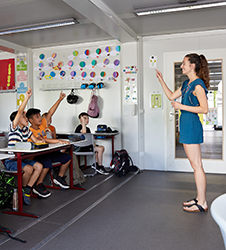
SLICE-UP
The SLICE-UP project is concerned with the ability to measure aspects of teaching quality using first impressions of untrained observers (so-called thin-slices ratings). Central aspects of teaching quality in classroom research are seen as the quality of learning-related interactions between teachers and students, such as the success of structured classroom management, constructive support from teachers, and lesson design that cognitively activates students.
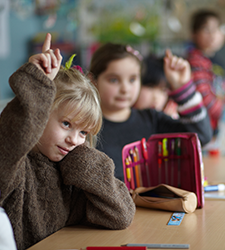
SLICES
The project SLICES examines, whether the thin slices technique can be used to efficiently study educational processes in very large samples, such as they are common in large scale assessments. The study focuses on the “constructive handling of student errors” in the classroom, an indicator of teaching and learning that is considered to be of particular importance for adaptive interactions with heterogeneous groups of learners.
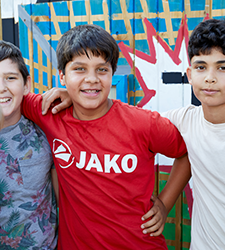
SOGREV
Restrictions on contact and curfews during the coronavirus pandemic meant that children and young people had much less opportunity to socialise. This quickly led to a complete lack of social contact with peers, especially for children and young people from socially disadvantaged backgrounds who were denied access to state institutions such as nurseries or schools […]
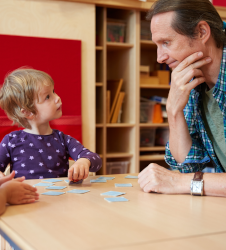
SPEAK-Phonology
The research project SPEAK-Phonology is a part of the joint project SPEAK (https://www.validierungsfoerderung.de/validierungsprojekte/speak). This part of the project focuses on developing standard values for a nonword repetiton test that was specifically constructed with multilingual children in mind. Standard values will be calculated for multilingual children between the ages of 4 and 8 and will take their individual biographies of acquisition into account.
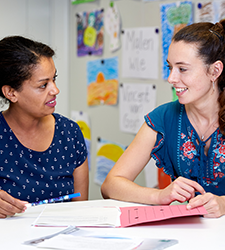
Sprachförderprofis
The project Sprachförderprofis offers a joint training program for kindergarten and elementary school teachers. The teachers learn to plan language support settings in small groups based on current insights from linguistics and language acquisition.

SprachHabitus
The project SprachHabitus investigates how educators respond to language support programs and integrate them in their daily work especially in daycare centers with a large number of children with a migration background.

SpröM
The project SpröM evaluated the longitudinal effects of kindergarten support programs with regard to linguistic and metalinguistic competencies.